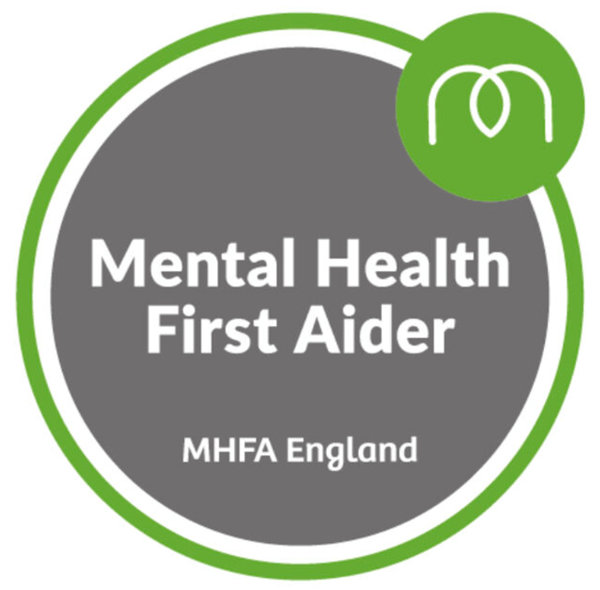Whether one routinely wrestles with sleep challenges or is bracing for the impact of a bustling festive season, there are strategies to ensure improved and more tranquil sleep from now into the new year and beyond.
Focus on something else:
Many people resort to sleep aids to monitor, analyse, and enhance sleep quality, with the global sleep aids market projected to reach £162.5 billion by 2030. However, fixating excessively on achieving sufficient sleep can backfire, causing heightened stress and elevated cortisol levels. If you find yourself obsessing over your sleep, distractions like mindfulness practices, pre-bedtime journaling to address anxious thoughts, and even eliminating clocks and aids altogether are prudent choices.
Enhance Sleep Sounds:
ASMR, beyond its prevalence on platforms like TikTok, has shown promise in facilitating easier sleep initiation. Describing the response to soothing repetitive sounds, ASMR audio has been found to induce a psychologically comfortable state, releasing relaxation-promoting chemicals like oxytocin and dopamine.
Calm Down:
Living in a perpetual state of stress undermines a good night’s sleep. Minimizing stress and maximizing relaxation is crucial. In addition to conventional stress-relief methods like box breathing and gentle pre-bedtime stretches, incorporating humming into your evening routine can stimulate serotonin, activate the vagus nerve, and engage the parasympathetic nervous system for a “rest and digest” phase.
Get some exercise:
Sleep and exercise share a reciprocal relationship, influencing each other positively when done regularly. Exercise regulates cortisol levels, encourages melatonin production, and helps balance body temperature. Yoga, with its combination of physical de-stressing and breath work, is often recommended as a pre-bedtime activity.
Eat well:
Avoid stimulants close to bedtime, opt for protein-rich foods containing tryptophan, and pair them with complex carbohydrates for optimal serotonin conversion to melatonin. A high-fibre diet, featuring foods like leafy greens and legumes, supports deep, slow wave sleep, crucial for overall restoration.
Get Outside:
Counterintuitively, adequate daylight exposure is essential for a good night’s sleep. Daylight helps reset the body clock, regulating the release of hormones such as cortisol in the morning and melatonin in the evening. Sunlight exposure also stimulates serotonin production, a key factor in melatonin production.
Get in the tub:
A disrupted circadian rhythm due to stress or poor habits can affect sleep. Bathing, by gently raising core body temperature, encourages drowsiness and promotes better alignment with natural rhythms. Adding lavender essential oil or magnesium-infused bath salts further enhances the relaxing effects and supports sleep.
Conclusion
If all else fails – talk to someone like me. Hypnotherapy improves sleep by inducing deep relaxation, addressing underlying issues contributing to sleep difficulties, modifying negative thought patterns, establishing positive sleep associations, and teaching relaxation techniques.
By guiding individuals into a focused and relaxed state, I can help you reduce stress, anxiety, and negative beliefs associated with sleep, promoting a positive mindset conducive to restful sleep.






